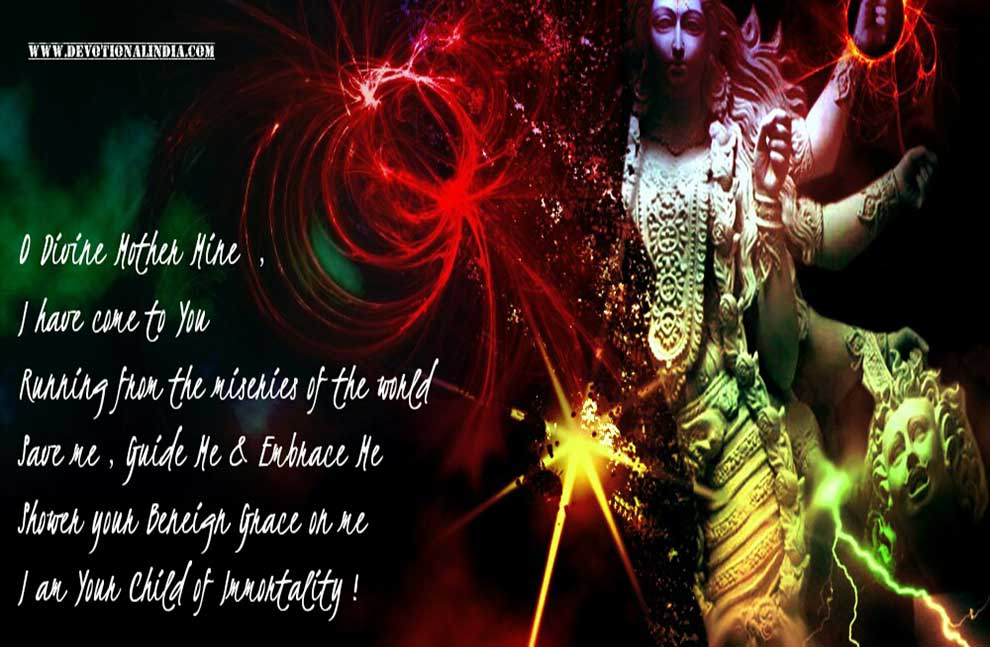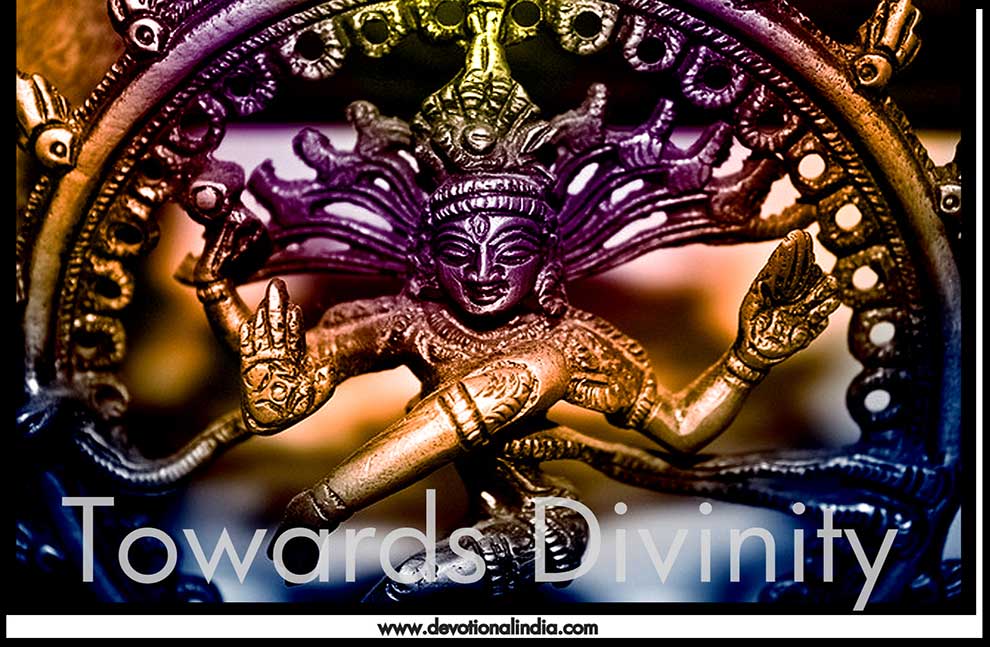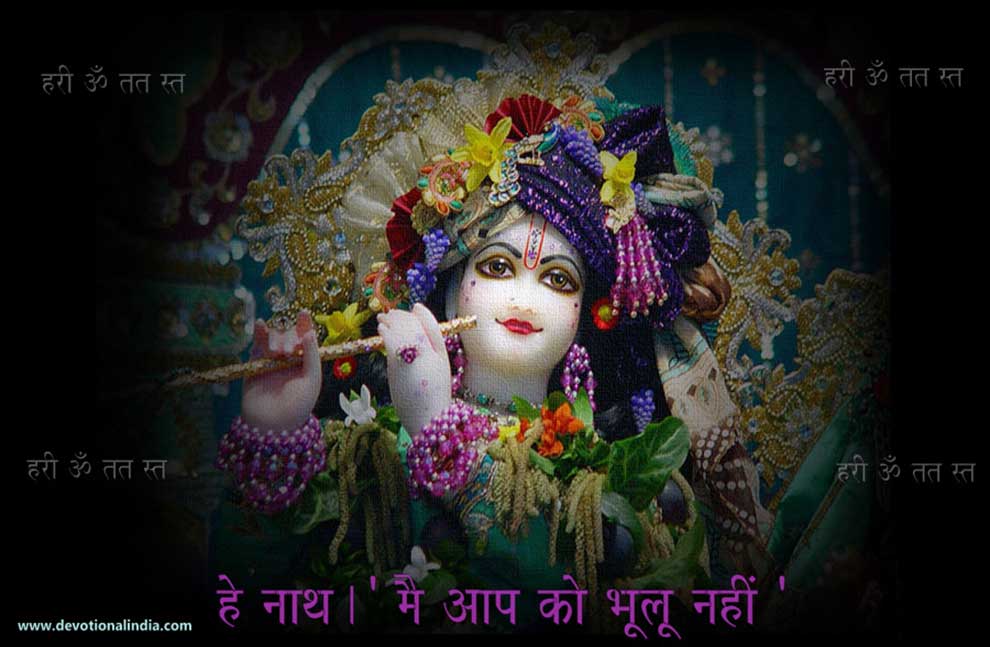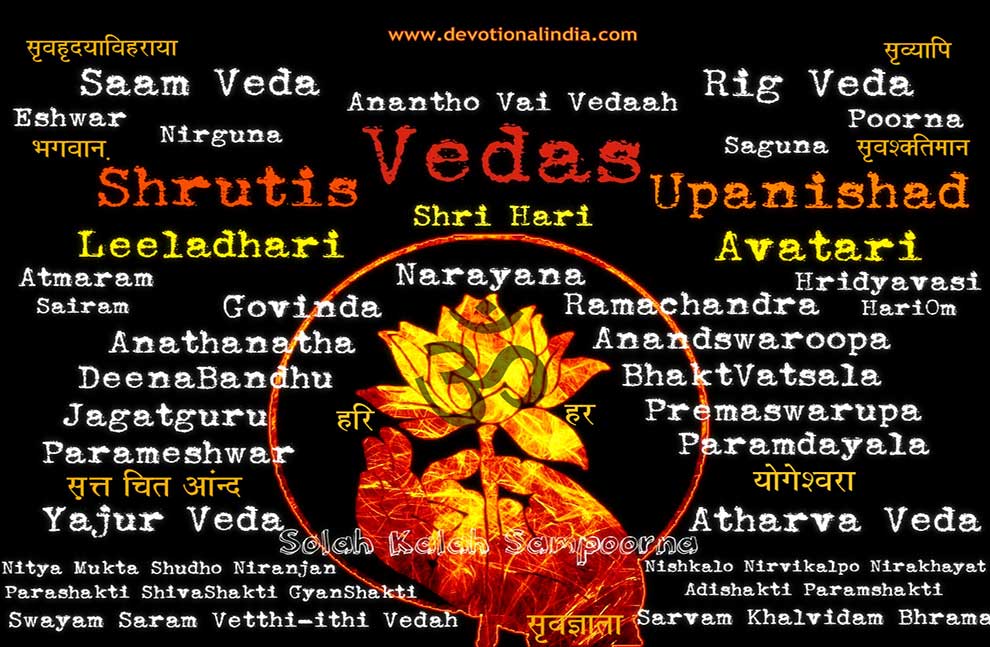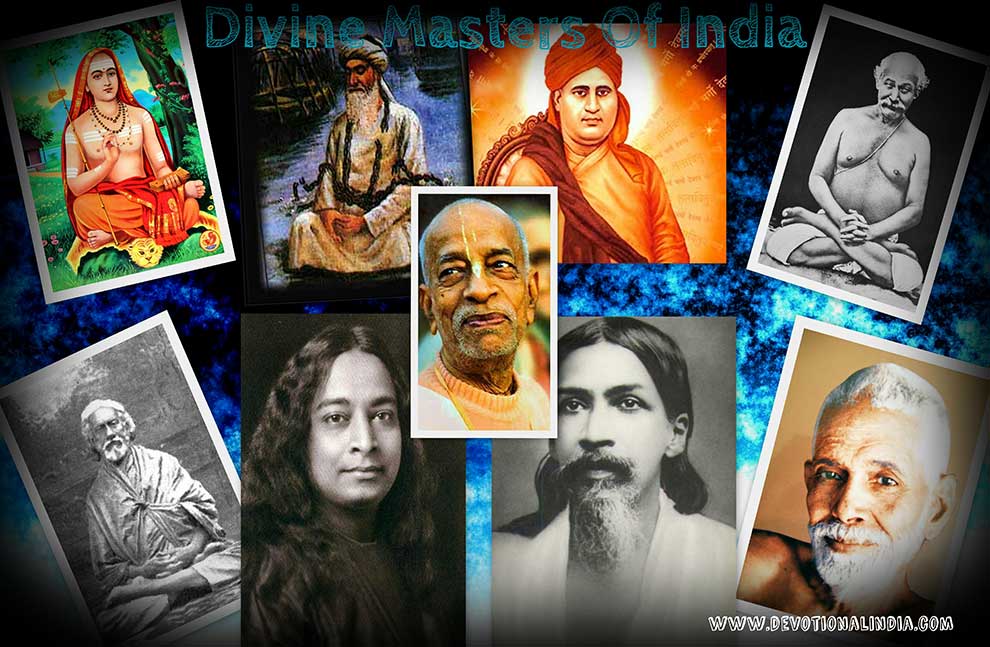
Feedback
Newsletter
- Devotional Store
- THE VEDAS
- DIVINE LAND
- SACRED GLORY
- Yogies,Mahatmas,Avadhoots Sant Kabir Sri Ashtavakra Sri Aurobindo ji Sri Chaitnya Mahaprabhu Sri Lahiri Mahasaya Sri Paramhansa Yoganandaji Sri Ramakrishna Paramhansa Sri Ramana MaharishiSri Sankaracharya Sri Swami Akkalkot Sri Swami Bhaktived Prabhupad Sri Swami Dayananda Saraswati Sri Swami Puroshottamananda Sri Swami Sivanandji Maharaj Sri Trailanga Swami Sri Yukteshwar Giri Maharaji


